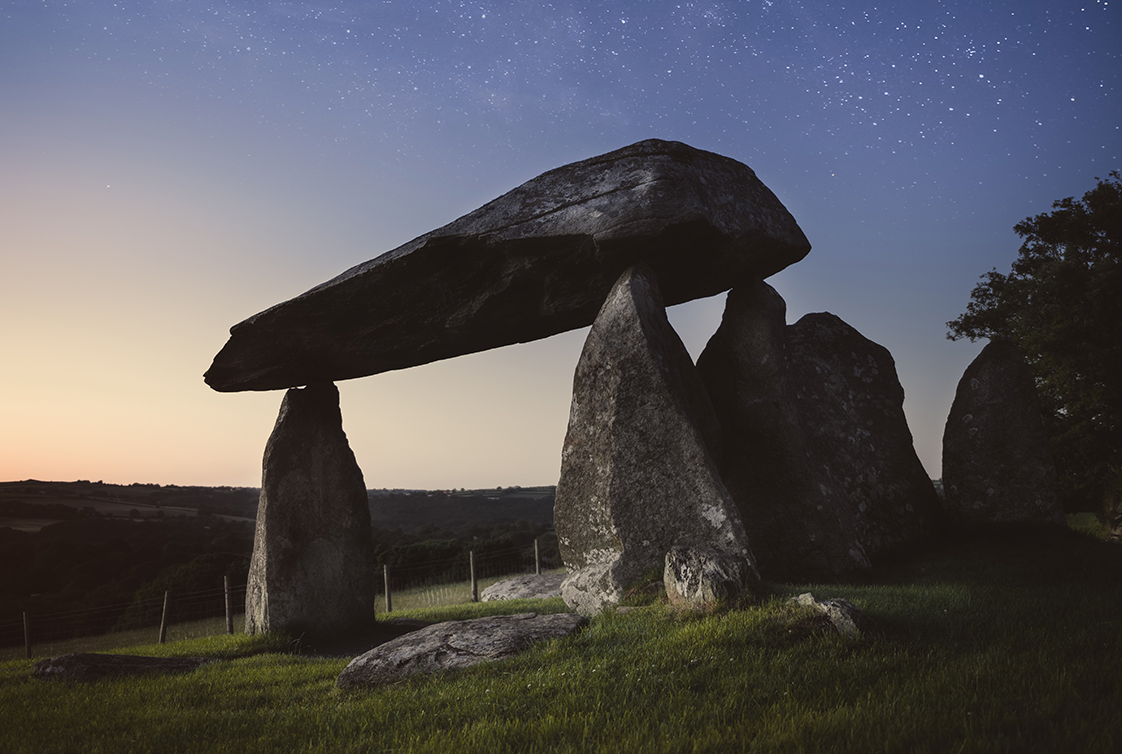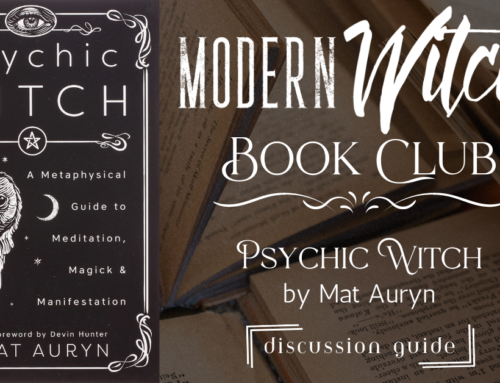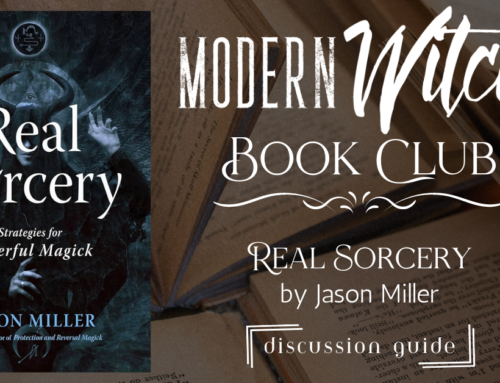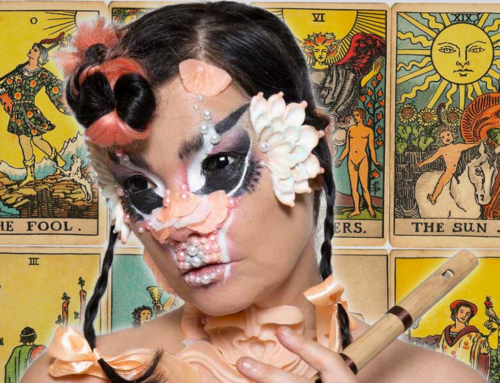One thing I love about Witchcraft is that it feels as though I am tapping into something old. When we work our rites, draw upon the powers of the natural world around us, and pledge ourselves to deities that have been worshipped for thousands of years, we cannot help but feel as though we have unlocked ancient wisdom.
In my experience, the idea that Paganism and Witchcraft are methods of re-connecting to the “old ways” is seemingly very attractive to many seekers. There is a romantic notion of returning to the ways of our ancestors, ways that uphold the divinity found in the natural world, and the concept that we are all connected to all things seen and unseen. Sometimes this feeling of tapping into arcane wisdom can manifest in problematic manners. Such as when I see Pagans and Witches boasting that their ways are “older than the Christian ways”, especially around certain holidays. I’m not going to argue whether that is true or not…however, I will say arguing like this doesn’t sit well with me and reeks of a superiority complex.
For the most part however, the desire to connect to something “old” is simply cosy, comfortable, healing. To many of us the “old ways” are the pathways back to appreciating the world around us and honouring this planet we dwell upon.
How then, do we grapple with the realisation that many aspects of modern Paganism and Witchcraft that have been sold to us for many moons as “ancient” and “old” are in fact about as old as Barbie or Coca–Cola?
I am a folk Witch, and my practice draws inspiration from streams of folklore native to the land upon which I was born. I have a love for the past, I adore learning about history, folklore, mythology, and how folks weaved magic in their day to day lives. However, I believe it is also important to acknowledge when what we believe to be ancient may not be. But does it matter if it is not? Does something not being steeped in antiquity mean it is less authentic?
Not too long ago we were celebrating the Autumn Equinox, and in many magical and Pagan circles the Autumn Equinox is referred to today as ‘Mabon’. I am someone who grew up in Wales, and so this name was one I was already familiar with long before I began exploring Witchcraft and Paganism. Mabon (pronounced Mah-Bon) is the name of a deity from Welsh mythology Mabon ap Modron. His name means “the Divine Son of the Divine Mother”, and he is associated with hunting, youthfulness, and captivity (the tale which features him most prominently is titled How Culhwch won Olwen and is well worth a read if you have not read it already!).
Here is the kicker however: Mabon in Welsh mythology has absolutely nothing to do with the Autumn Equinox. In fact, we have very little evidence that the ancient Celts of Wales even celebrated the Autumn Equinox. The name Mabon was not attributed to the Autumn Equinox until around the 1970’s. It was pretty much a name picked out of a hat at random. Every year around the Autumn Equinox I try my best to get as much information regarding Mabon ap Modron out into the world, and every year I am met with a variety of responses.
Some people adore learning more about Welsh mythology and adding context as to where the name ‘Mabon’ for this branch of the wheel of the year originates. Others can get quite aggressive and rude when you point this out, especially if we try to explain how to pronounce the word Mabon in Welsh. Beyond these responses however, a few people I have noticed seem to have their world blown apart.
“But…if Mabon is not an ancient name for the celebration…then why do we call it that?! And what do you mean the ancient Celts might not have even celebrated the equinox?! Is my life a lie?! What is the point of anything at all?!”
Okay, that’s a rather dramatic paraphrasing of the response I sometimes receive. However, the spirit of the responses is held. The notion that an element of Paganism and Witchcraft does not indeed stem from the ancient past troubles some and leads them to believe that this means their practice is less authentic.
What do we do when we learn that our ways may not be as “ancient” as we were first led to believe?
To me, knowledge is power. The more we learn about something, the more context we add to the things we do, the better! If more knowledge leads to you discarding an element of your practice because you no longer feel as though it fits, then your practice is simply evolving and growing with you. However, I don’t particularly see the need to discard something if it is tried and tested, and it works! Especially if the only reason you believe it to be any less authentic now is because you have learnt that it is not “ancient”.
In my opinion, antiquity does not equal authenticity. Something being ancient does not mean it is more authentic. In fact, there are many ancient traditions and beliefs that I believe are outright harmful and in need of being brushed aside.
As Witches and Pagans, we should strive to be inspired and informed by the ways of the past, while keeping one foot solidly on the here and now. Reminding ourselves that we are modern people living in a modern world. Our world is not the world of our ancestors.
So, what does it matter if “the ancients” were not performing candle spells? Or casting circles in the way many do today? It doesn’t matter at all.
What matters, in my view, is what works. If it works, it gets the job done, and you gain something out of it…then it is authentic and valuable.





